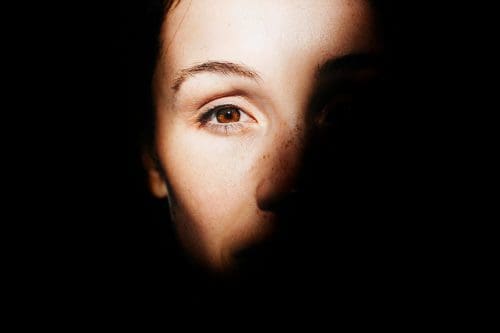Eye care professionals can diagnose, treat, and manage vision and eye problems. Regular eye exams help catch issues early on, but schedule an additional appointment if you notice concerning signs, such as drastic vision changes. Whether you have cataracts or dry eyes, Collins Eye Center will provide personalized care. Here are four signs you should see an eye doctor:
- Noticeable Vision Changes
Several things can cause vision changes, which an eye exam helps determine. Noticing symptoms like blurry vision could indicate it’s time to change your glasses prescription or resolve an underlying issue. Make an appointment with your eye care specialist if you notice any of the following vision changes:
- Blurry vision in one or both eyes
- Trouble focusing on things close or far away
- Double vision, which might be a sign of conditions like cataracts, astigmatism, or a dislocated lens
- Loss of peripheral vision
- Halos or glares around lights
- Any amount of vision loss
- Difficulty driving or seeing at night
Vision disturbances, such as obstructions in vision, black spots, shadows, or flashes of light, are reasons to see an optometrist. These may be signs of conditions that require treatment, like a retinal hole or detachment. Collins Eye Center has the expertise to diagnose and manage eye diseases or conditions found during an exam.
- Eye Discomfort
Eyes that hurt may indicate an underlying condition, the most serious of which leads to vision loss. Pain might include burning, stinging, aching, or throbbing. Take note of other symptoms caused by eye pain, such as vomiting or headaches. Deep eye pain could be caused by glaucoma or inflammation in the eye. Itching or burning might indicate an infection or problem with dry eyes. Visit an eye doctor like those at Collins Eye Center for a comprehensive examination to determine the root cause of your pain.
Seek quick treatment for any foreign objects in the eye. Avoid rubbing your eyes if dirt, chemicals, or grit is present. Flush your eye with cool water to avoid further damage, and schedule an appointment with an eye care specialist.
- Eyelid Problems
Eye issues sometimes impact the entire eye area, including the lid. Visit an eye specialist if you notice swollen or abnormally drooping eyelids. These can be caused by muscle weakness, nerve damage, or a variety of other medical conditions.
A twitching eyelid should also be examined since it might be from eye strain, allergies, or irritation. An eye care professional can narrow down the cause and advise on treatments, like medicated eye drops or a change in prescription. Collins Eye Center uses the latest diagnostic testing and treatment options to resolve dry eyes, whether you need Intense Pulsated Light (IPL) treatments or medicated eye drops.
- Vision-Related Symptoms
Poor lighting and stress may affect your vision, along with staring at a screen for many hours each day. Eye strain can cause dizziness, headaches, neck pain, or increased sensitivity to light. New technology, such as neurolenses, is available from eye centers like Collins Eye Center to relieve digital eye strain and its side effects.
Finding an Eye Doctor
An eye doctor can monitor your vision over time and provide services related to eye health. A comprehensive examination helps detect disorders or eye diseases, including diabetic eye disease, macular degeneration, and cataracts. If you notice any signs related to vision or eye health, schedule an appointment with a professional eye doctor. Collins Eye Center has a team of eye care experts dedicated to maximizing vision throughout your lifetime. We offer various eye care services, from regular eye exams to myopia management. Learn more about our services and schedule an appointment today.


